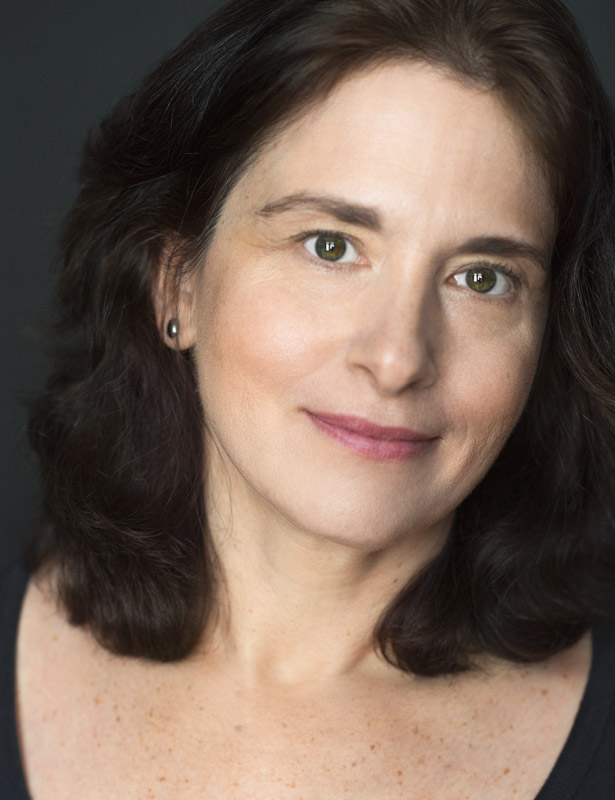When I was growing up my parents belonged to a community of five couples who met weekly, rotating houses. They supported each other’s spiritual path in their day-to-day lives. While they also occasionally socialized together, these meetings were specifically to discuss their aspirations, values, and challenges in embodying them. Each meeting started with silence or some form of prayer. At the end there was always laughter and sometimes a glass of wine. Our families would get together a couple of times a year for fun, like group BBQs. The community met for nearly two decades, until members moved away from the area. There were other caring adults in my childhood, but something about my parent’s community made an indelible print on my psyche. To this day it represents a powerful embodiment of belonging and affiliation.
Cultural attitudes toward religious traditions have been shifting for decades but a tipping point may have been reached. For example, in September 2017 the Pew Research Center reported on their survey of 5000 adults across all 50 states which found that 27% of respondents considered themselves spiritual but not religious, a jump of eight percent in just five years. That same month, the Public Religion Research Institute (PRRI), reporting on a cross-country survey of over 100,000 adults, found that an increasing number of people, especially young people, have no religious affiliation.
Though these findings can be interpreted in different ways, they undoubtedly reflect the inability of religious institutions to meet their members’ changing needs and most urgent concerns, including the experience of disenfranchisement in the global economy. And these findings may also reflect that a growing number of people no longer turn to religious notions of God to grapple with life’s big questions or to participate in something greater than themselves.
While affiliations are radically changing, the need for belonging is not. In fact, in a time of great uncertainty and disruption, the importance of non-digital, face-to-face meaningful encounters is greater than ever. People are hungry for authentic connection in which they can share their lives with others who have common vision and values. When I go on meditation retreats, inevitably the question arises: “When I leave here, I want to continue this at home, but how do I find others to join me?” And the answers are some version of “If you can’t find a community at home, create it.” Easier said than done.
There is an increasing interest in communities where the members live together and share responsibilities and resources, like eco-communities or intentional communities. But that leaves out the vast majority of people who do not wish to participate in such a lifestyle. New models of community are needed as a means to transport us beyond our mundane secular world of daily preoccupations.
Community is defined here as any small group with a defined mission or vision and a commitment to meet regularly and support each other. Its members cultivate individual efforts to deepen personal conscience. It is a place to show and share both gifts and struggles. In community patience and acceptance are practiced. The purpose of this kind of gathering is not to create an insular tribe, but instead to foster a collective identity which, at its heart, recognizes interdependence and aspires to inclusive love and compassion.
We need places which cultivate our core values and deepest aspirations—places of healing that are beyond the purview of professionals. Unlike important vehicles for self-growth like meditation retreats and seminars, community promotes personal growth that is intimately tied to a personal investment in the growth of all members. Our ideals and notions of ourselves are tested in the messy realities of relationship. As members of a community, we bear witness to our aspirations and wounds and those of every member of the group.
Community is built and evolves over time. Like all relationships, it can be uplifting and transformational, but also difficult and painful. It requires a willingness to show up and be vulnerable, to love and be loved. It reveals itself in countless small acts of caring. It reinforces the intention to live values in action. And it stands as a healthy counterpart to extreme cultural individualism and competitiveness. Answering the call to community offers a response to the longing to be seen and understood—to accept ourselves as we are and others as they are.
I have been in New York for decades and most of my childhood relationships have waned because of distance and time constraints. Yet when I visit family in the Midwest, I try to also see nearby members of my parents’ community because doing so is like returning to some of the best parts of my childhood.
Originally published at blog.sivanaspirit.com

